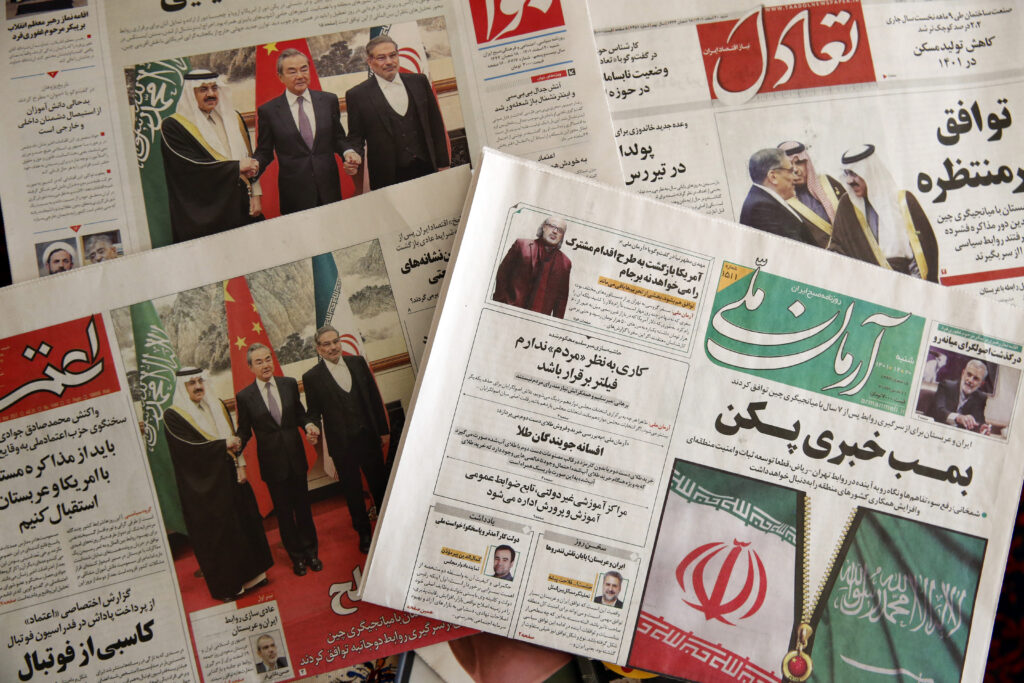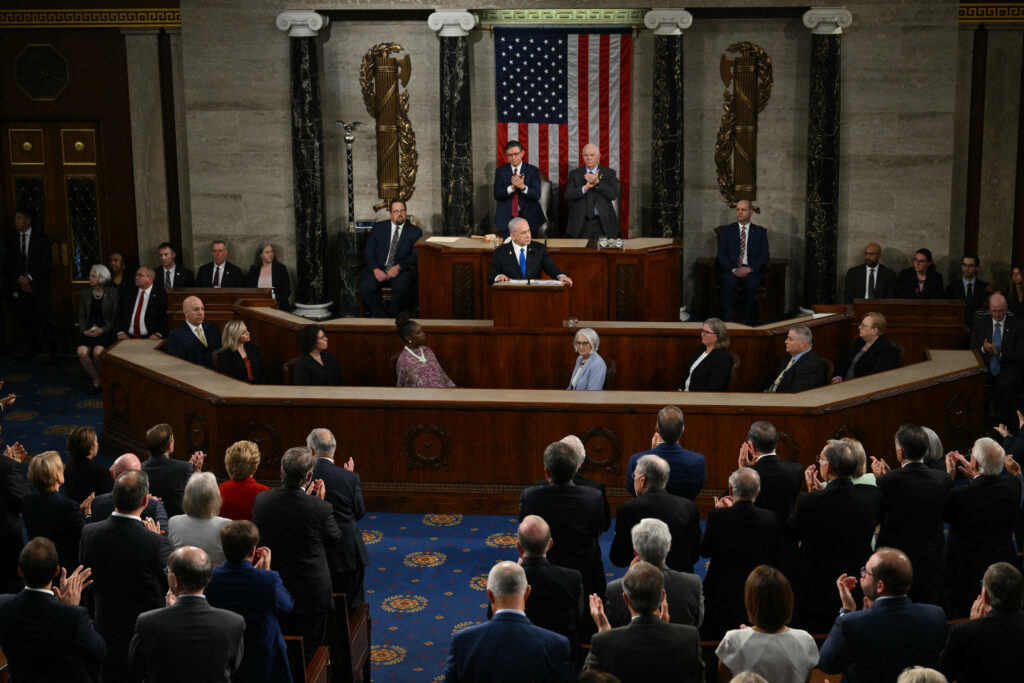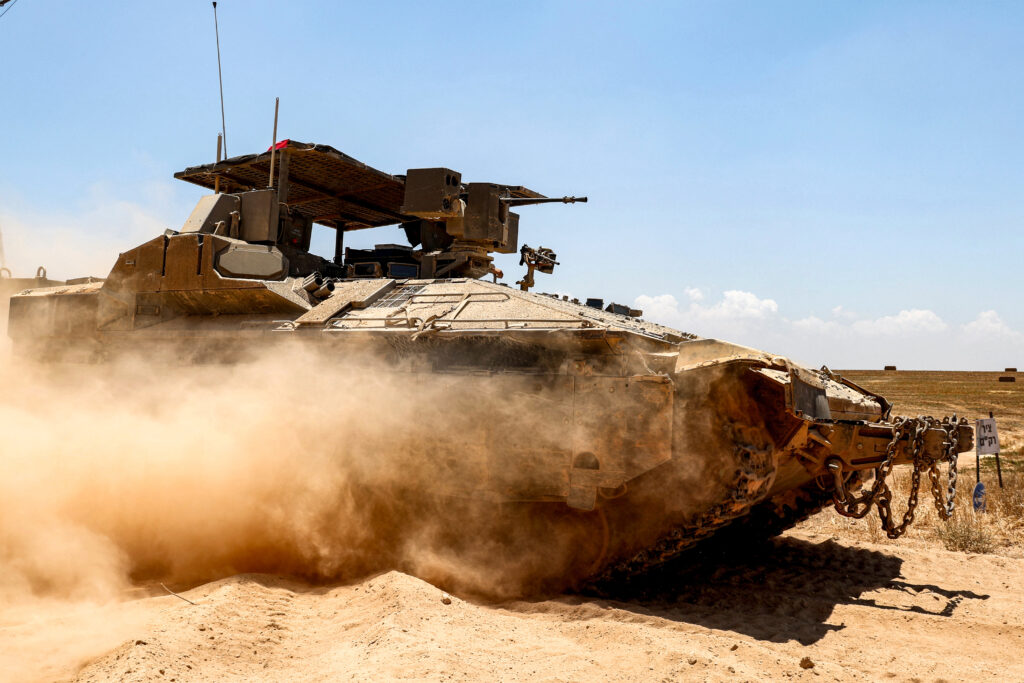MEI Snapshot: The Impact of Saudi-Iran Agreement
- - March 17, 2023

“Saudi Arabia and Iran are pivotal states in Beijing’s hierarchical relationship with Middle Eastern countries. Both have Comprehensive Strategic Partnerships (CSP) — the top-tier of China’s bilateral diplomacy — with Beijing. The Asian giant’s success in bringing the two rivals together is in line with then-Foreign Minister Wang Yi’s so-called “Five-point Initiative on Achieving Security and Stability in the Middle East”, which he outlined during his visit to Riyadh in March 2021. The agreement is also a realisation by Beijing that protection of vital Chinese interests in the region requires a de-escalation of tensions.
“What Riyadh and Tehran will gain from the restoration of ties remains to be seen. Trade is expected to resume, but both sides will have to navigate the sanctions stranglehold on Iran. Whether or not there will be progress on the Yemen file also depends on Iran’s willingness to reduce support for its proxies. For Saudi Arabia, the deal represents a major diplomatic win at a time when its neighbours, the United Arab Emirates, and Qatar, have also embarked on aggressive diplomatic outreach. Qatar, for instance, has mediated on various conflicts, from Libya to Afghanistan. More importantly, Saudi Arabia’s move to normalise relations with Iran exhibits its qualities as a regional leader — boosting it in its competition with the UAE for Beijing’s attentions.”
– Clemens Chay, Research Fellow
“The contrast between the hype over the Saudi-Iranian deal and the actual details of the agreement calls for caution. For sure, the event was remarkable: For the first time, China presented itself not merely as the Gulf states’ favourite investor, but an effective mediator, as well. For Iran, the deal is a major win at a time when the regime faces an economic crisis compounded by lingering social unrest; the Saudis, meanwhile, are signalling that they can no longer count on the US’ help in dealing with Tehran.
“But beyond the optics, the deal leaves a lot of questions unanswered. So far, the agreement says nothing about critical issues, such as Iran’s nuclear programme, which is steadily getting closer to breakout stage. Likewise, one should not overestimate the impact a Saudi-Iranian reconciliation could have on regional crises: In Yemen, Iran might cease supplying the Houthis with weapons, which is not a given, by any means. But even if it does, the Houthis have their own agency, and no reason to disarm while they have the upper hand against the Saudi-backed opposition. Meanwhile, in Lebanon, it is doubtful that Iran will stop supporting Hezbollah. Indeed, what is even more doubtful is that Hezbollah and its combatants would simply acquiesce and let Tehran and Riyadh decide who calls the shots in Beirut.
“Against that backdrop, we should not expect the deal to be a game-changer in the Middle East. It is not the end of the friction between Riyadh and Tehran. At best, it is a detente that might lower the level of regional tensions.”
– Jean-Loup Samaan, Senior Research Fellow
“Religious bias, exclusion and intolerance has fed prominently into the Saudi-Iranian spat of the past years. The severing of diplomatic ties by Riyadh was triggered in 2016 by the Saudi execution of Nimr An-Nimr, a cleric in the Eastern Province of the Kingdom who was seen as the instigator of a burgeoning Shia protest movement there. Both sides saw their respective religious minorities – the Shia in Saudi Arabia, and Sunnis in Iran – under pressure, and occasionally persecuted. Events in Yemen and Iraq, where sectarianism was rife and systematically aided and abetted by both sides to the detriment of the other, further aggravated tensions between the two countries, and, by extension, both religious communities.
“Iran harbours grudges for what it sees as Saudi interventionism in favour of Sunni armed groups battling Iraq’s Shia government (first Al-Qaeda, and, later, the Islamic State). Saudi Arabia, meanwhile, has condemned Iranian religious meddling in Yemen which has turned the Zeidis, a mild Shia sect, into an ideologically-indoctrinated outfit that espouses Tehran’s ideology (“the road to Jerusalem leads through Riyadh”). The Saudis also attribute Shia interventionism in Bahrain, Syria, and Lebanon, to Iran.
“The sectarian element will not prevent the restoration of diplomatic ties, but will remain an obstacle to wider normalisation. The Saudi clergy may have no major say in formulating Riyadh’s foreign policy, but its stance that Shia Islam is a heretical ideology alien from true Islam will remain an undercurrent in the Saudi approach to Iran. Conversely, Iran will continue to demonise what it terms Islamic State ideology in veiled reference to Saudi Arabia. Arguably, the religious-ideological sphere will be the last to witness any thaw between the two sides, even if diplomatic ties return slowly to an even keel.
“However, the agreement is a start, and if the political process continues, it may gradually relieve the relationship of its spasms, and open the road to dialogue.”
– György Busztin, Visiting Research Professor
“Regardless of its eventual fate, the Iran-Saudi agreement has already resulted in two definite departures from previous patterns in Middle Eastern geopolitics. The first is Saudi Arabia’s definite tilt towards China, and away from the US. Second, the agreement precedes any Iran-US rapprochement, unlike the 2015 nuclear deal. This is a consequence of the marked change in the original “oil-for-security” pact between Saudi Arabia and the US.
“The scale of this agreement can be gauged by the declared intention of both sides to implement their two past deals, the Security Cooperation Agreement, signed on 17 April, 2001, and the General Agreement for Cooperation in multiple fields, signed on 27 May, 1998. Notably, both these agreements predate the Iranian nuclear controversy, which began on 14 Aug, 2002. Since the Iranian nuclear programme remains the most contentious issue between the two countries, the agreement to date the reset of their relations to a time before the controversy erupted could be significant. It indicates that some discussion of the nuclear issue took place in the run-up to the deal — if so, it is possible that the resurrection of the Joint Comprehensive Plan of Action (JCPOA) could be on the table.”
– Asif Shuja, Senior Research Fellow
Image Caption: Newspapers in Tehran featuring front page news about the China-brokered deal between Iran and Saudi Arabia to restore ties. Photo: Atta Kenare / AFP
More in This Series
More in This Series
- Jean-Loup Samaan
- - July 11, 2024
- Aisha Al-Sarihi, Ehsan Rasoulinezhad, Jinseok Sung
- - June 20, 2024








